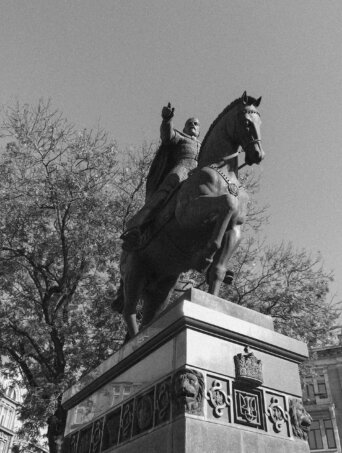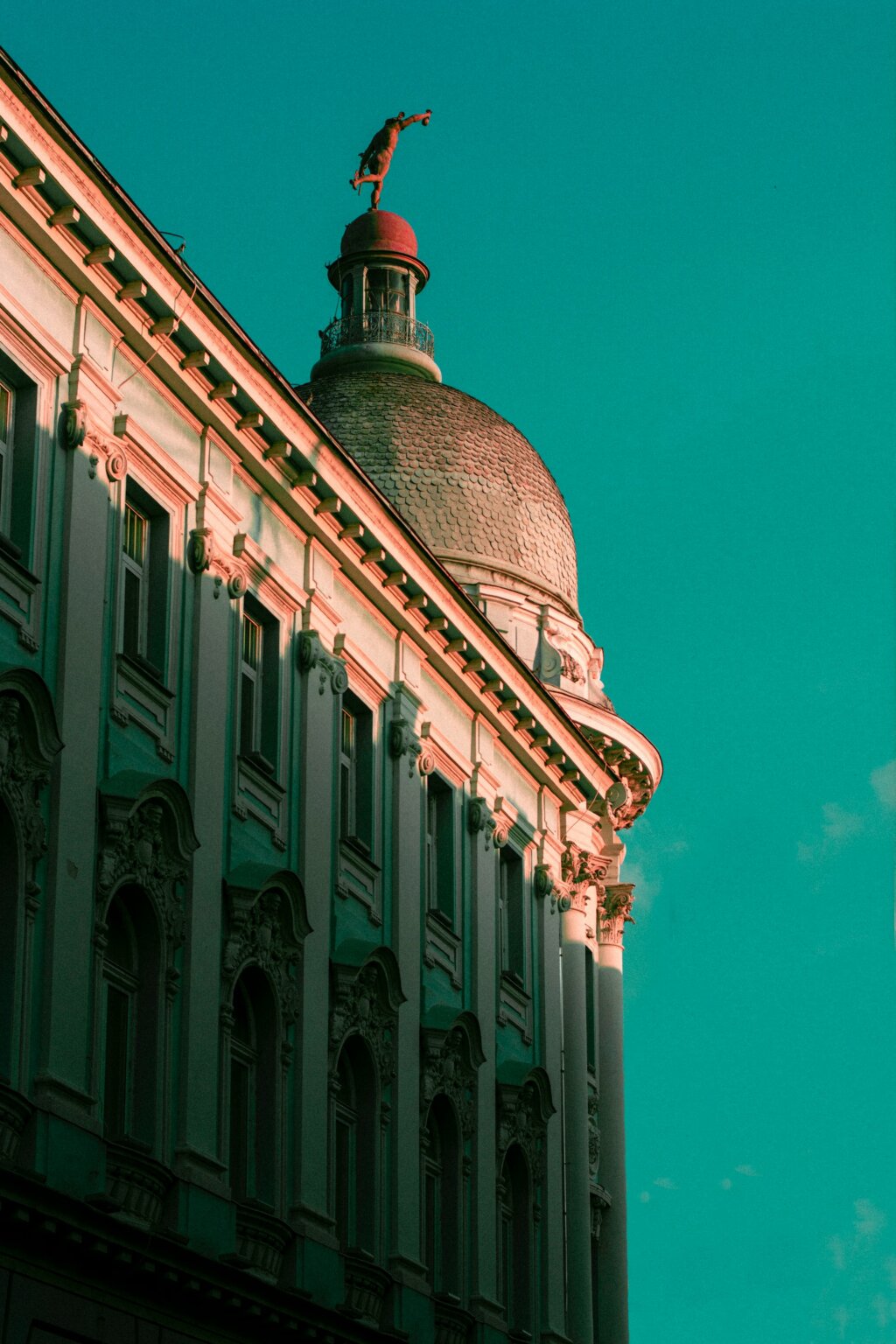- About
- Topics
- Picks
- Audio
- Story
- In-Depth
- Opinion
- News
- Donate
- Signup for our newsletterOur Editors' Best Picks.Send
Read, Debate: Engage.
| topic: | Political violence |
|---|---|
| located: | Serbia, Bosnia and Herzegovina |
| editor: | Katarina Panić |
More than two decades after the end of the wars in former-Yugoslavia, human rights activists are still struggling against right-wing extremists over the glorification of convicted war criminals. The most recent battle is over the recently painted murals of Ratko Mladić in Belgrade and Slobodan Praljak in Zagreb.
The Bosnian-Serb army commander Ratko Mladić is serving a life sentence for war crimes and genocide. The Bosnian-Croat army commander Slobodan Praljak died after drinking poison at a United Nations court hearing in The Hague. The states missed the chance to deal with the past correctly. Instead, the revisionism of history minimises the crimes committed by the dominant nation and glorifies those who are most responsible for the deaths of 100,000 people and the displacement of millions of others in Bosnia alone.
While the green-left coalition is running Zagreb, the mural dedicated to Praljak is being removed as soon as it appears, as has occurred twice already at sub-stations of the Croatian Electric Power Industry in the Lanište district of Zagreb. On the other hand, Belgrade is ruled by the conservative Serbian Progressive Party and therefore the 24/7 passionate guarding of Mladić's mural has been organised for months. The patrol group protects the mural from activists who want to paint over it, while the authorities treat them as if they were on their side.
"Not only did the police do nothing to remove Mladić’s mural, but they did everything they could to prevent us from removing it,” Ivan Đurić, the programme director at the Belgrade-based Youth Initiative for Human Rights, told local media. “It looks like the occupation in that part of the city. The people who live in these buildings are tired of the constant tension in their area and blame the police for not reacting."
In Bosnia, this kind of nationalism is on the rise as well. In a small northwest town, Prijedor, more than 20 offensive graffiti markings were removed by police in the last month. They were directed against Bosniaks (Muslims) in Serb-dominated areas and, according to the prosecutor’s office, contained elements of national and religious hatred, prejudices and intolerance. Not a single perpetrator has been found so far.
"We are tired of graffiti. We do not even have video surveillance," a local police officer told FairPlanet. "Once we remove one, another appears soon after. And we feel so helpless."
Photo by Daniel Plainview

